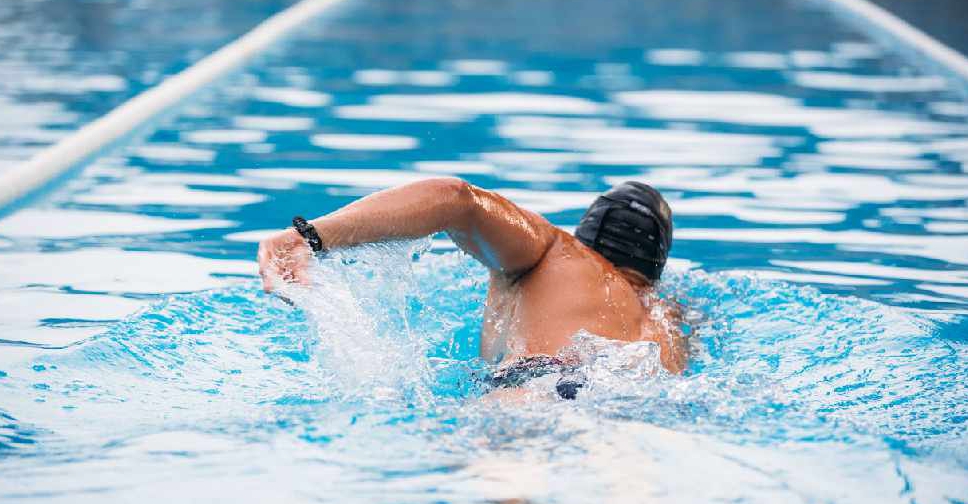
The World Anti-Doping Agency (WADA) confirmed reports on Saturday that 23 Chinese swimmers had tested positive for a banned drug before the 2020 Tokyo Olympics, but it accepted the country's findings that this was due to substance contamination.
Multiple media reports said the swimmers tested positive for trimetazidine (TMZ), which is found in heart medication, months before the COVID-delayed Games began in the Japanese capital in July 2021.
CHINADA, China's anti-doping agency, and the Chinese Swimming Association did not immediately respond to Reuters' requests for comment.
WADA said it was notified in June 2021 of CHINADA's decision to accept that the swimmers returned adverse analytical findings, or AAFs, after inadvertently being exposed to the drug through contamination.
The global anti-doping body, which has the authority to appeal the rulings of national doping agencies, said it reviewed the decision and consulted scientific experts and external legal counsel to test the contamination theory presented by CHINADA.
"WADA ultimately concluded that it was not in a position to disprove the possibility that contamination was the source of TMZ and it was compatible with the analytical data in the file," the anti-doping body said in a statement.
"WADA also concluded that ... the athletes would be held to have no fault or negligence. As such, and based on the advice of external counsel, WADA considered an appeal was not warranted."
China's 30-member swimming team won six medals at the Tokyo Games, including three golds.
Without mitigating circumstances, athletes who fail doping tests are usually subject to bans of two to four years for a first offence and life for a second.
World Aquatics, the sport's global body formerly known as FINA, said it was confident the positive tests were handled "diligently and professionally."
"With regard to the AAFs ... they were carefully considered by the FINA Doping Control Review Board," it added. "Materials relating to the source of the AAFs were subject to independent expert scrutiny retained by FINA.
"World Aquatics is confident that these AAFs were handled diligently and professionally, and in accordance with applicable anti-doping regulations, including the WADA Code."
News of the AAFs could lead to tighter scrutiny of China before this year's Paris Olympics, where the Asian country is expected to contend for medals alongside powerhouses the United States and Australia.
One of the most high-profile cases involving TMZ is that of China's Olympic gold medalist Sun Yang, who was suspended for three months in 2014 after testing positive for the drug. Sun said he was prescribed the drug to treat chest pain.
He is currently serving a separate doping ban.
Prior to the 2008 Beijing Games, a number of Chinese swimmers have been involved in doping cases.
In 1994, seven Chinese swimmers tested positive for dihydrotestosterone at the Hiroshima Asian Games.
Four years later four Chinese swimmers failed pre-competition testing for the diuretic triamterene before the world championships in Perth, and Yuan Yuan was disqualified from Perth after being caught with 13 vials of muscle-building human growth hormone at Sydney airport.
She was banned for four years and her coach was banned for 15 years.
In 2003, Li Ning was suspended for two years and her coach was banned for life after a positive test for banned steroid testosterone.
Five years later, backstroke swimmer Ouyang Kunpeng and his coach were banned for life after a positive test for an illegal substance.


 Sinner demolishes Djokovic to reach first Wimbledon final
Sinner demolishes Djokovic to reach first Wimbledon final
 Bumrah, Archer shine in Lord's melting pot
Bumrah, Archer shine in Lord's melting pot
 Alcaraz muscles past Fritz to reach Wimbledon final
Alcaraz muscles past Fritz to reach Wimbledon final
 Tour de France 2025: Ireland's Ben Healy wins stage six
Tour de France 2025: Ireland's Ben Healy wins stage six



